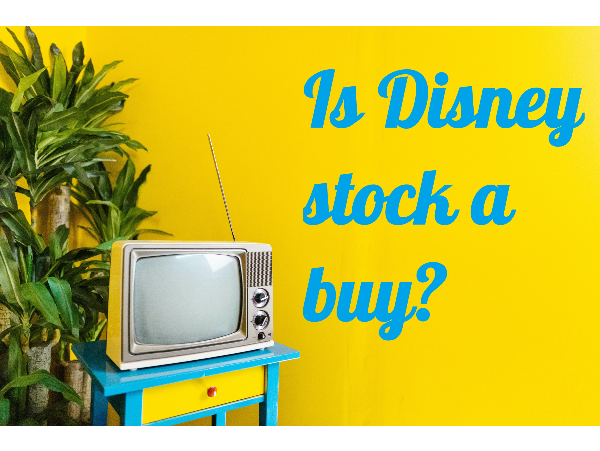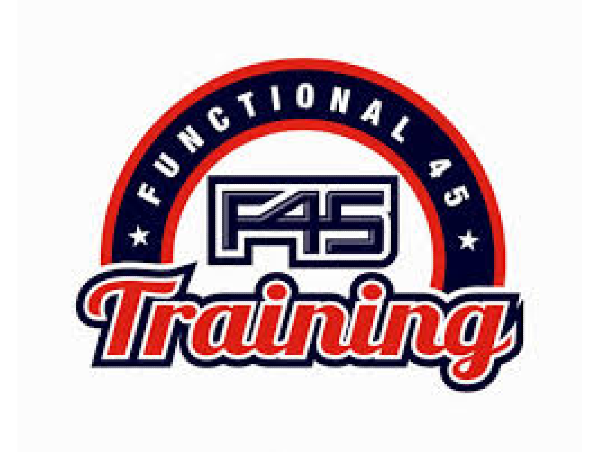The stock market took a hit today due to bad news about inflation and the likelihood of a strong interest rate hike by the Federal Reserve. More market leaders are indicating that the U.S. is entering a recession. While most investors know not to sell their stocks during a downturn, as the stock market always rises in the long run, should you buy into the dip? This phrase is trending as we likely head into a bear market.
What Does "Buying the Dip" Mean?
Buy the dip means to purchase stocks when their value temporarily decreases (dips), allowing you to get more shares for the same dollar amount. When the market inevitably rebounds, you will own more shares and, thus, make more profit.
How Do You Buy the Dip?
To maximize your gains, you should look for undervalued stocks, meaning stocks whose current trading value is considerably less than what analysts think their long-term value should be. Unfortunately, this long-term value can be highly subjective. One method used to determine an "objective" share value is called the Dividend Discount Model, which states that the current share price should equal the dividend / (cost of capital - growth rate). In this equation, the cost of capital is the rate of return demanded by the corporation, so the equation effectively means the dividend / net growth.
The larger the expected growth rate, the higher the "fair" share value. However, this expected growth rate can be very subjective! This can make it difficult to predict which stocks are truly undervalued or overvalued.
But Beware the Market Efficiency Hypothesis
Unfortunately, it's difficult to find stocks that are significantly undervalued. According to the Market Efficiency Hypothesis, regular investors are unlikely to ever "beat" the market because so much trading and analysis is constantly ongoing that all shares are about accurately priced. So instead of crunching the DDM, it's best to continue your usual diversification. To buy the dip and catch the whole market on the way back up, an ETF (Exchange Traded Fund) will provide automatic diversification.
If I Buy the Dip, How Long Until I See Gains?
The longest-ever bear market was 61 months, back during the Great Depression. If the U.S. does enter a recession, the bear market is likely to be worse - a 35% drop in stock market value compared to its pre-slump high versus only 25% when the economy does not go into recession. Fortunately, unlike during the early years of the Great Depression, the federal government is going to take active steps to prevent a recession. Most bear markets recover (a gain of 20% or more) relatively quickly, with the 2020 Covid slump corrected in a month.
The Bottom Line
Historically, it's been a good idea to buy the dip on a diversified basis...but only if you can afford to invest! The market always rises in the long run, so you will profit from any investments made today. Just don't be investing with money you may need within the next year or so. But if you have income that would otherwise go into excess savings, and your job is secure, you should continue stock market investment!






















The stock market took a hit today due to bad news about inflation and the likelihood of a strong interest rate hike by the Federal Reserve. More market leaders are indicating that the U.S. is entering a recession. While most investors know not to sell their stocks during a downturn, as the stock market always rises in the long run, should you buy into the dip? This phrase is trending as we likely head into a bear market.
What Does "Buying the Dip" Mean?
Buy the dip means to purchase stocks when their value temporarily decreases (dips), allowing you to get more shares for the same dollar amount. When the market inevitably rebounds, you will own more shares and, thus, make more profit.
How Do You Buy the Dip?
To maximize your gains, you should look for undervalued stocks, meaning stocks whose current trading value is considerably less than what analysts think their long-term value should be. Unfortunately, this long-term value can be highly subjective. One method used to determine an "objective" share value is called the Dividend Discount Model, which states that the current share price should equal the dividend / (cost of capital - growth rate). In this equation, the cost of capital is the rate of return demanded by the corporation, so the equation effectively means the dividend / net growth.
The larger the expected growth rate, the higher the "fair" share value. However, this expected growth rate can be very subjective! This can make it difficult to predict which stocks are truly undervalued or overvalued.
But Beware the Market Efficiency Hypothesis
Unfortunately, it's difficult to find stocks that are significantly undervalued. According to the Market Efficiency Hypothesis, regular investors are unlikely to ever "beat" the market because so much trading and analysis is constantly ongoing that all shares are about accurately priced. So instead of crunching the DDM, it's best to continue your usual diversification. To buy the dip and catch the whole market on the way back up, an ETF (Exchange Traded Fund) will provide automatic diversification.
If I Buy the Dip, How Long Until I See Gains?
The longest-ever bear market was 61 months, back during the Great Depression. If the U.S. does enter a recession, the bear market is likely to be worse - a 35% drop in stock market value compared to its pre-slump high versus only 25% when the economy does not go into recession. Fortunately, unlike during the early years of the Great Depression, the federal government is going to take active steps to prevent a recession. Most bear markets recover (a gain of 20% or more) relatively quickly, with the 2020 Covid slump corrected in a month.
The Bottom Line
Historically, it's been a good idea to buy the dip on a diversified basis...but only if you can afford to invest! The market always rises in the long run, so you will profit from any investments made today. Just don't be investing with money you may need within the next year or so. But if you have income that would otherwise go into excess savings, and your job is secure, you should continue stock market investment!